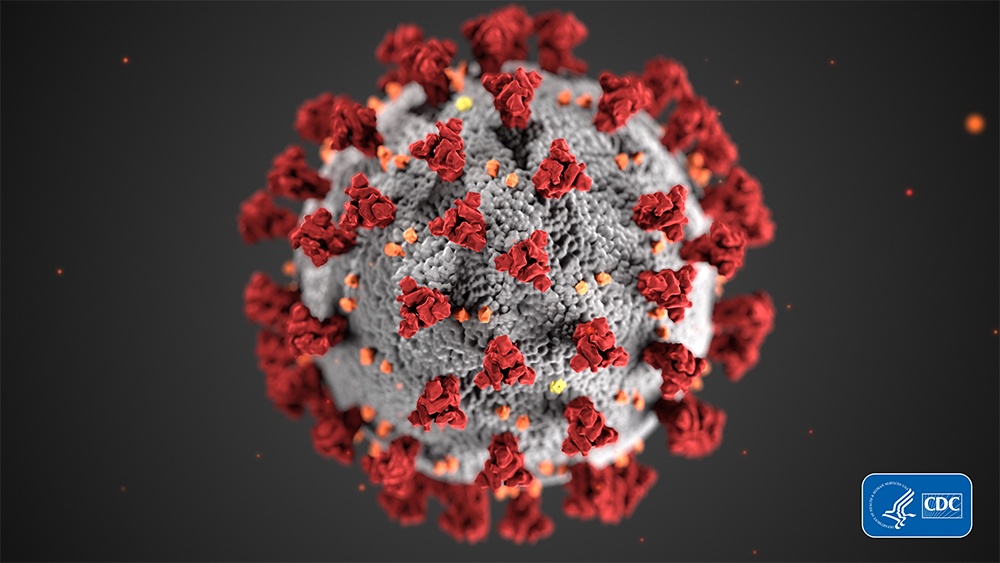By Levi Njord
As an epidemiologist, I have responded to many outbreaks of infectious diseases in several states and in multiple countries. I have also assisted state and county public health departments and large healthcare organizations with their Swine Flu and Ebola response plans. During that time a few key themes have emerged, which are common to all outbreaks of infectious disease.
First, fear and misinformation are often more damaging than the disease itself. While infections, like Coronavirus, can be very serious, staying calm and relying on credible information is of the upmost importance. The internet and social media have allowed us to share information and connect with each other like never before. These tools can be both incredibly useful and incredibly damaging depending on their use. In order for us to ensure we are taking the best steps to protect ourselves and our family from infection, we need to get our information from reputable sources like the Centers for Disease Control and Prevention, our local public health department, or our local primary care provider. We should also be careful to not share information from disreputable sources.
Second, infectious diseases can be prevented. Respiratory infections like the Coronavirus can be prevented through decreasing your risk of exposure. Generally, people should avoid travel to known locations of high exposure (see CDC recommendations); avoid close contact with people who are sick; avoid touching your eyes, nose, and mouth; clean and disinfect frequently touched objects and surfaces using a regular household cleaning spray or wipe; and wash your hands often with soap and water for at least 20 seconds (especially after going to the bathroom; before eating; and after blowing your nose, coughing, or sneezing). Currently, there are very limited cases of Coronavirus in the United States and those are being cared for. Since respiratory infections are common this time of year, it’s good practice to be up-to-date with your flu vaccine and have a primary care provider should you feel ill.
Third, getting care early ensures the best opportunity to recover early. Should you or your family catch a respiratory infection this season, your chance for early and successful recovery increase if you see your primary care provider early. If you have not done so already, ensure you and your family are registered with a primary care provider and you reach out to them for support if or when you suspect you are ill.
Outbreaks of infectious disease like the Coronavirus can be scary when we lack good information, don’t take correct steps to prevent infection, and lack a primary care provider. However, these types of outbreaks follow very predictable trends and aggressive steps are being taken by public health and medical professionals to keep you and your family safe.
We can help them by taking steps of our own to ensure our safety. Should you or your family need support finding a primary care provider or need further support in coordinating your wellness, please reach out to Monument Health at 970.683.5630 or email us at [email protected]. One of our wellness warriors will be on the other end of your phone call or email, ready to help connect you with a primary care provider because Monument Health is committed to your wellbeing as “Your Wellness Partner.”
Levi Njord is a trained Infectious Disease Epidemiologist. He has worked for the North Carolina Department of Health to establish their Healthcare-Associated Infections program; served on their outbreak response team; and worked as an Epidemiologist-On-Call. Later, he was the first Infectious Disease Epidemiologist for Davita Healthcare where he built the nation’s first dedicated infection control program in dialysis, trained a cadre of infection preventionists, established national infection surveillance, led outbreak response, and developed national guidelines on infection prevention including influenza and Ebola. Currently, Levi is Monument Health’s Chief Information and Technology Officer and serves as an advisor on the Clinical Effectiveness Committee.

